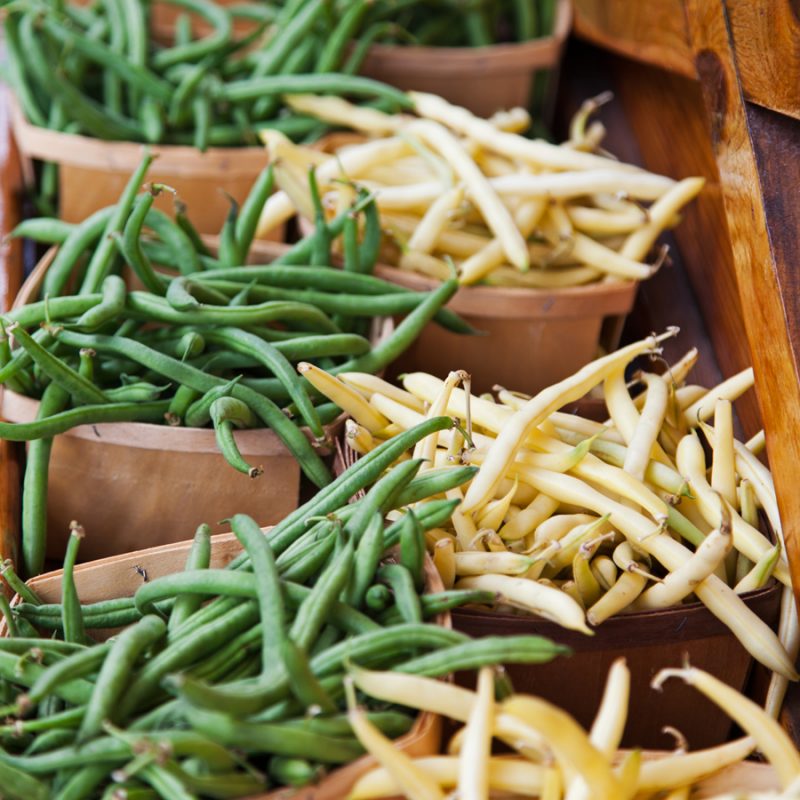The home vegetable garden has become quite chic lately. From urban gardens to front yard suburban gardens, Carolinians in every major city are growing their own vegetables. This doesnt have to stop just because the hot weather and long growing season of summer is coming to an end. Quite the contrary, as fall is a great season to plant your crops and harvest some of the tastiest veggies. There are several things to keep in mind when preparing your garden for the upcoming autumn season and luckily for you we’ve got it covered.
The Soil
First things first. You have to get rid of what remains of your summer garden. Once the weeds and other material is removed begin to till the soil of the garden. You want to get around a half a foot of clean usable soil. Once the garden is prepared fertilize the soil.
Planting
Now you are ready to plant your fall veggies. Plant your seeds deeper than you would in the spring, around five inches from the top of the soil. Over the top of the seeded soil, lay down burlap to shade the seeds and keep the ground moist.
Water
If you do not have an irrigation system set up, which most people do not, plan on watering often. As the late summer in Charlotte is still very hot your new seedlings will need plenty of moisture. Each week, three times a week, light, quick waterings that dampen the soil are ideal for your new seedlings or small plants. As fall creeps in and escorts summer out, move to one watering every five days or so. Just be sure that the new veggie seeds do not ever get totally dry.
Protection
Insects and weather are the two things you have to be very careful of when it comes to your garden in the fall. Be certain that you keep a keen eye on your garden. Obviously, if you have strong plants that have no obvious problems then there is no need to use a repellent but if the insects do attack, things like seaweed spray are good alternatives to pesticides. For frost protection be sure to monitor the weather for lowering temperatures and then cover plants with newspaper, burlap, or natural material like mulch or pine straw.
Harvest
Be sure that you harvest all of your vegetables other than root vegetables before the second freeze of the year. For root vegetables, protection from the elements like straw and mulch can extend their season into December and beyond.
Autumn In Season: Urban Garden Harvest












